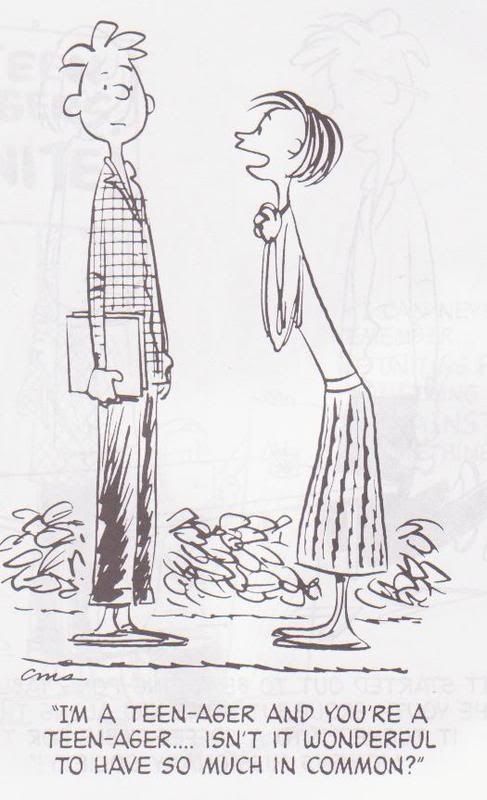On this perfect early fall day in our small town in western New Jersey, with the sun shining in a deep, autumn blue sky and the leaves starting to turn to oranges and yellows, the local fire company held its annual auction. It seems as if everything under the sun and then some are available for auction or purchase. Stacks of books pour out of the hall, clothes piled on clothes line the firehouse, sports equipment - skates, bats, balls, sleds, skis fill a shed, household items of all imaginations occupy a tent - pictures frames with photos of long gone great-grandparents, old Christmas ornaments that someone once lovingly hung on their tree, and decorations for holidays through out the year, pots and pans, flower vases and baskets, table linens-and the auction tent itself packed with furniture, antiques, picnic tables, bikes, boats, and beyond.
What an auction of ideas for writers - the remains of people's lives. Who used all this? What did this table hear or that chair see? Was it a happy home or did illness, sorrow, betrayal, history of war or economic problems trouble this house? Who looked at this photo and who gave it away?
Auction items are a treasure trove of inspiration for a writer - for plot, for characters, for setting.
As a writer we can say, well, "What if....the owner of these faded silk flowers touched them gently as she smiled at a birthday being remembered?" "What if ...the mother in the sepia toned photo cried as she read the letter from her son at war?" "What if ...friends and family cheered as the athlete with that bat slammed the winning home run?" "What if ...that piece of jewelry was accepted by a teenage girl who then tells the boyfriend that she is making other plans?"
I once heard Mary Higgins Clark, the mystery writer, give a talk where she said she began her first novel, and many subsequent books, by asking "What if...." when looking what might actually be a very ordinary scene or event and imagining something bigger and much more interesting and mysterious. She said she was in Singapore as a young air line stewardess and noticed an international looking group at the next restaurant table and haphazardly thought, "What if... they're not what they appear?" and she was off.
Auctions offer much trash and many treasures but all have a past and can fit in a story as a main character or a minor plot point. A writer only has to ask "What if... " and can be off on a unique new book. Where do you see treasures of inspiration and when have you said "What if...?"
Sunday, September 29, 2013
Auction
Wednesday, September 25, 2013
Modifying a Longstanding Tradition
Friday, September 20, 2013
Finding a Mentor
I should be cracking open the bubbly, eating dark chocolate truffles and propping my feet up, right?
Read more!
Saturday, September 14, 2013
Creating Memorable Characters
What makes us remember a character? Not what they're wearing, or the color of their hair, but "their quirks, their body language, their histories, their beliefs." How does a writer create vivid, memorable characters?
Wednesday, September 11, 2013
List-Mania for Writers
Who doesn't love a good list? Certainly, Buzzfeed readers do. On any given day of the week, Buzzfeed offers lists of advice from Wizard Chic: 10 Ways to Look Like Less of a Muggle to the 25 Most Awkward Cat Sleeping Positions
Monday, September 9, 2013
To Write a Classic
Recently my son and I have been rereading the "My Father's Dragon" trilogy by Ruth Stiles Gannett. We read all three books several years ago and he loved them. As I was organizing my books in our new house, he spotted this old favorite and asked to read it again. I happily obliged.
Wednesday, September 4, 2013
"In media res." I've written on this several times, but in reviewing my own writing, I see again where a leisurely pace has resulted in a less than satisfying manuscript. The slow development of plot and character is no longer possible.
I'm always reading several books at once, and just finished Edith Wharton's autobiography. That made me pick up one of her very early novels, The Custom of the Country. Slowly, oh so slowly, she sketches her character, Undine Spragg. Delicately, oh so delicately she paints the Gilded Age scenery. This is a bit boring, I think, and then, POW, she drops the first brick of the plot and I MUST keep reading. But I'm on page 127.
If Edith were writing today, her book would begin where the brick was dropped. Backstory, all 127 pages of it, would fill in the gaps, inserted only where the plot couldn't be slowed down.
I still find it immensely useful to read earlier works (I just finished reading Beatrix Potter books to the grandchildren) But whenever my writing strays toward that old fashion mode, I try to cut it off, albeit reluctantly. I know I can't go there any more.










